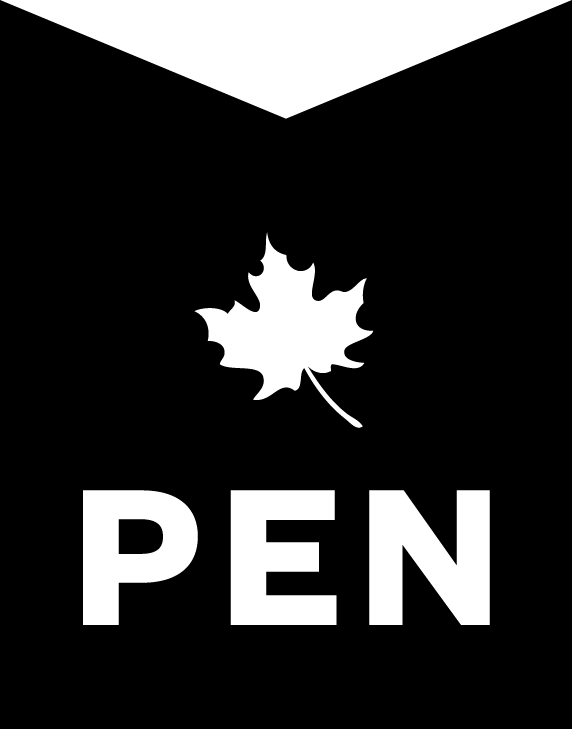New Voices Award
Supporting emerging talent.
The RBC / PEN Canada New Voices Award is an annual prize that encourages new writing and celebrates the excellence of unpublished Canadians.
The prize is open to all genres of writing: writers can submit short stories, creative nonfiction, journalism, and poetry. Shortlisted submissions are judged by a distinguished jury of Canadian writers. The winning entry receives a $3,000 CAD cash prize and year-long mentorship from a renowned Canadian author.
Most winners go on to publish and receive recognition for their first book: Deepa Rajagopalan, the 2021 New Voices Award winner, has had her Peacocks of Instagram shortlisted for the 2024 Giller Prize; Jaclyn Desforges, the 2018 winner, published her debut poetry chapbook Hello Nice Man with Anstruther Press in early 2019; Mikko Harvey, winner of the 2017 prize, published Unstable Neighbourhood Rabbit, his first collection of poetry, in 2018; and Laura Legge, the 2016 winner, won the PEN International New Voices Award later that year and published her first novel, Cala, in Spring 2019.
The prize is funded by RBC, which has for over 35 years supported the arts and the role they play in building vibrant communities and strong economies.
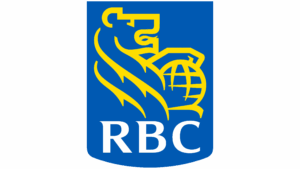
2025 winners: Georgio Russell & Anna Sokolova
Winning entries: Regatta of Ghosts and Fragments to a Friend
Georgio Russell is a Bahamian poet and graduate of the University of the West Indies. His poems have appeared in Frontier Poetry, The London Magazine, and Nimrod International, among others.
Anna Sokolova is a Russian-Canadian writer. They hold an English MA in Creative Writing from the University of Toronto and have had their poems printed in several publications.
Jury Citations
Regatta of Ghosts, by Georgio Russell
Evocative, compressed, and rich in history and allusion, these meticulously crafted poems capture a whole world. Language sings and shatters in these poems, where the past is foam, flotsam and thunder upon the waters of the present. We are immersed in the “dollar-soup caf” of schooldays and hear the “boom-bap chants” of boys. We see a place where, again and again, the “path to home amends itself” and feet move in “cursive” through the “archival ocean drain.” Line after line merges the visible world with the unseen, so that sound, feeling, rupture and touch fall like waves upon the images. “Regatta of Ghosts” takes risks with language, boldly reclaiming the vocabulary of oppression with supreme confidence and style. This innovative, powerful poetry rewards the close reader, each read unpacking new surprises and meanings. Every line is written with intention.
Fragments to a Friend, by Anna Sokolova
“Fragments to a Friend” demonstrates extraordinary range and a fresh, inventive voice. This sequence of poems, experimenting with constraint and poetic form, writing the intimacy between women, moving between contemporary times and the ancient past, are sharp and startling. To one woman, the afterimage of a friend is a “once-in-a-decade eclipse” while another seeks to “flip a coin for a choice the size of my life.” How to name love, confess longing, or let go of a dissolving friendship? Repetition and return combine in mesmerizing ways as these fragments, at once a confession and chorus, echo from one life to the next. These poems are delicious, energetic, and playfully colloquial, exploring friendship, girlhood, and the pain of longing. We can’t wait to read more from this writer.
This year, in addition to the two winners, the jury selected five finalists: Edie Reaney Chunn (for their poetry collection, The Letters of Puppet and Clown), Emily Gaudet (for their poetry collection, Catherine and Simone), Gwen Aube (for their poetry collection, Missed Connections with Tall Girls), Helen Han Wei Luo (for their collection, A Compendium of Humble Creatures), and Mona’a Malik (for their story, “The Last Mystery”).
Read the poetry and stories of the 2025 New Voices Award cohort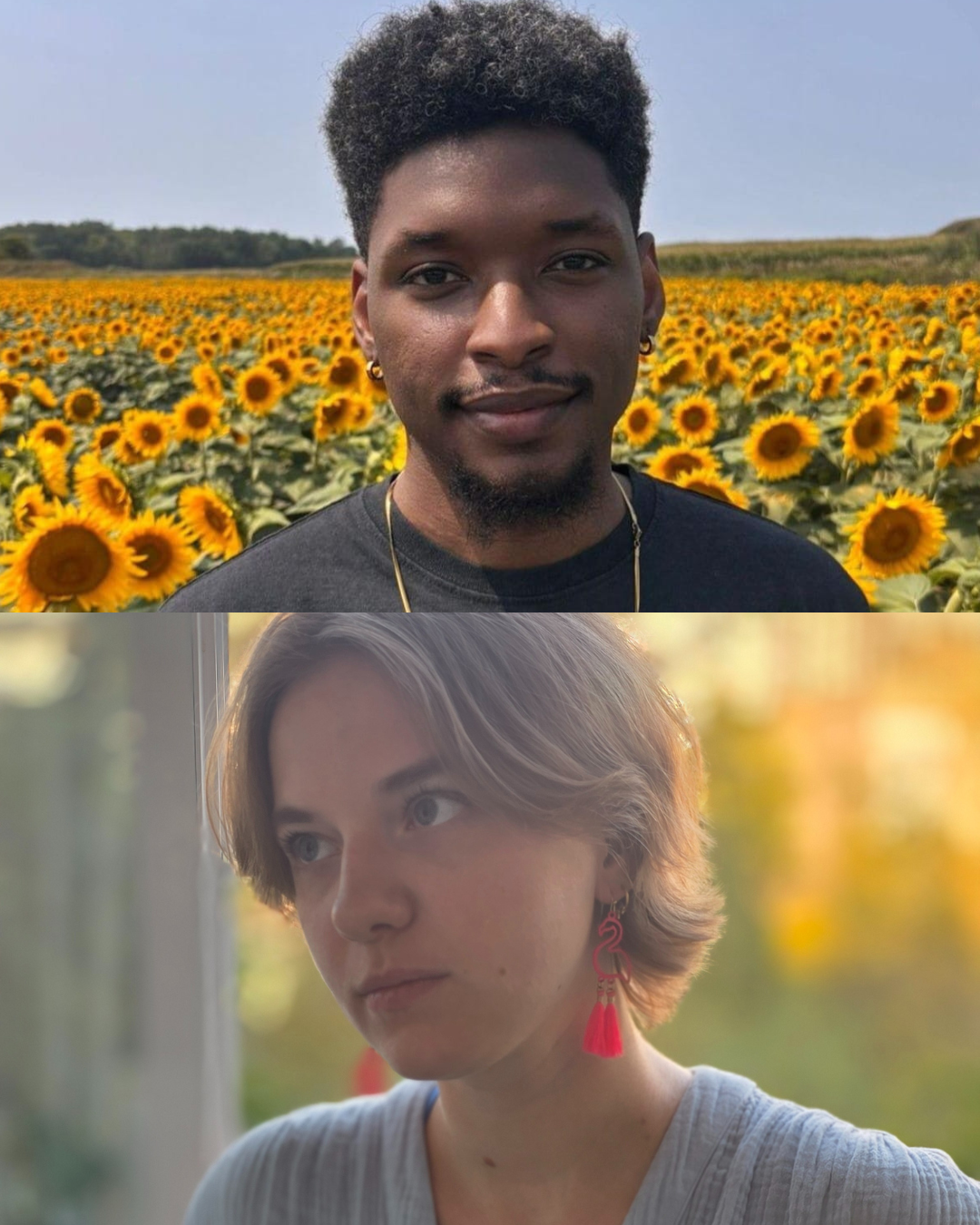

Winning Entry: Revelation
Nancy Huggett is a settler descendant who writes, lives, and caregives on the unceded Territory of the Anishinaabe Algonquin Nation (Ottawa, Canada). Thanks to the writers who support and inspire her—Firefly Creative, Merritt Writers, Trailheads, not-the-rodeo poets, and Kairos—she has work in American Literary Review, Event, One Art, Pinhole, Poetry Northwest, Prairie Fire, and The New Quarterly.
Jury Citation
We can see in the confidence of the voice, the experimentation with form and narrative, and the skilful exploration of themes the work of an accomplished poet who understands the craft. A clear cohesion emerges in this epic work, in the interplay of illness and healing, making and breaking (strokes that create paintings and explode brains), and in the delicate engagement with the religious theme implied in the title. We were struck by the work’s powerful emotional resonance and its brave exploration of a felt experience. And we loved the intrusion poems.
In 2024, the jury also named four finalists: Georgio Russell (Saltborne), Hajera Khaja (The Rupture), Monica Nathan (Between Spaces), and Tessa Swackhammer (A Man Called Evergreen).

Winning entry: “Hungry Ghosts”
Recent publications: Familial Hungers (Brick Books, 2025)
Christine Wu is a Chinese-Canadian poet who lives in Kjipuktuk/Halifax, NS. She has a BFA from the University of Victoria, a MLIS from Dalhousie University, and a MA from the University of New Brunswick. She was a finalist for the 2022 RBC Bronwen Wallace Award for Emerging Writers.
Jury citation
“Hungry Ghosts” is a deeply moving and masterfully crafted collection of poems that surpasses the boundaries of memory, love, family, and personal growth. With a deliberate and intentional progression, each poem peels back the layers of familial bonds, revealing the very essence of what binds us. The writer’s exquisite precision and grace, infused with profound wisdom, skillfully navigate the delicate art of letting go, effortlessly weaving the tapestry of past and present. Through evocative language that resonates with insightful eloquence, these poems offer a soul-stirring experience, inviting readers to embrace the knowledge that lies within.
That year, the jury also named the following finalists: Lindsay Foran (“How to Build a Bomb”), Catherine St. Denis (The Essential Involvement of the Harpist), Luka Poljak (Ares of Dalmatia and Blue Sea), and Sharlene Lazin (A Widow’s Notebook).

Winning entry: an excerpt from Streams That Lead Somewhere
Recent publications: Streams That Lead Somewhere (Mawenzi House, 2022)
Fareh Malik is a poet, author, and spoken word performer based in the GTA, Ontario. He finished his degrees at McMaster University in Hamilton, where he remained to establish his writing practice, as well as the hip-hop crews Vie Division and RXD. He began exploring literature in 2020.
Jury Citation
Ignited by the word terrorist in the opening poem “Chai”, this powerful collection boils with intensity. A raw and real portrait of what it’s like to feel othered and alienated by daily doses of hate, this work stands out for its tenderness and throat-grabbing use of imagery. Islamophobia is a landscape of quicksand skin, snatched hijabs, and bomber jackets that can’t be worn because they are called bomber jackets. Slurs, epithets and stereotypes, mistaken identity and gun violence woven across themes of friendship, kinship and ancestry, these poems employ a wide range of voices and tones to convey a nuanced spectrum of emotions and a laser sharp critique of Canada’s blatant and covert systemic racism. A tight collection, no soft landings.
That year, the jury also named the following finalists: Cassandra Myers (“Queer Love as Quantum Entanglement” (Quantum Entanglement Suite), Catherine St. Denis (“A Mnemonic for Desire”), Sara Power (“Kijiji BFF”), and Micah Killjoy (“A Future, Together”).

Winning entry: “Peacocks of Instagram”
Recent publications: Peacocks of Instagram (House of Anansi, 2024).
Born in Saudi Arabia, Deepa moved to India as an adolescent, and later to the United States and Canada in her twenties. She has an MFA in Creative Writing from the University of Guelph, and a certificate in Creative Writing from the University of Toronto’s School of Continuing Studies.
Jury citation
It takes skill, knowledge of craft, and insight to shape such a compelling figure, one who is immediately recognizable, but one who, as the author points out, we don’t know as well as we think. With narrative confidence and considerable charm, the author beguiles us into accepting events at face value, and each time, undercuts our assumptions. “Peacocks of Instagram” not only questions our stereotypes about the immigrant past, but about the immigrant present as well. This is an original, dynamic voice poised to enrich the culturally varied field of Canadian fiction.
That year, the jury also named the following finalists: Poonam Dhir (So Indeed It Was), Aila Omar (“Missing Teeth”), Anna Ling Kaye (“Nesting Season”), and Cassandra Myers (Smash the Headlights).

Winning entry: Lineage Without The Bullets
Recent publications: In the Key of Decay (Palimpsest Press, 2024), Permanent Record Anthology (Nightboat Books, 2025).
Em Dial is a queer, triracial, chronically ill creative born and raised in the Bay Area of California, currently living in Toronto, Ontario. Em is a Kundiman Fellow and recipient of the 2019 Mary C. Mohr Poetry Award. They are a previous coach and team member of the Stanford slam team and an alumnus of the Stanford Spoken Word Collective.
Jury citation
Good writing connects, and this poem does that on so many levels. Sophisticated, surprising, intelligent, compassionate, and formally inventive, Lineage Without the Bullets connects the past to the present to the future, connects the personal to the public and touches in ways that are more than glancing on such timely and complex considerations as race, gender, and violence. This is the work of someone who is more than a writer to watch, but rather one who is fully evolved. This is the piece that made us all say ‘wow.’
That year, the jury also named the following finalists: Harpit Samra (“What Isolation Bred”), Yasmina Jaksic (“The Lot of Girls”), Richard Joseph (“The Jungle”), and Jeffrey To (“How it Feels to Be Asian Me During a Global Pandemic”).
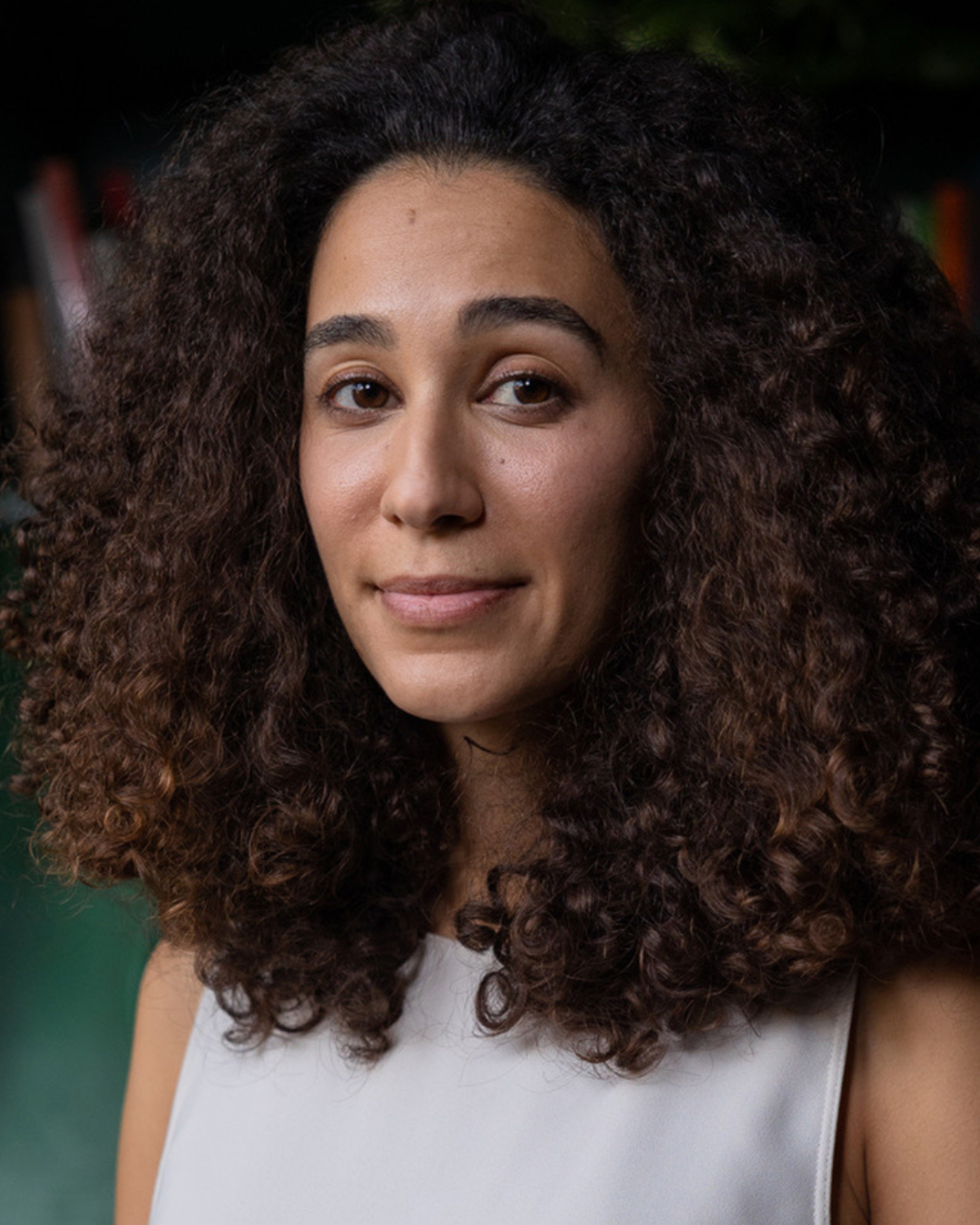
Winning entry: nouf and the breath in the jar
Recent publications: Washes, Prays (McClelland & Stewart, 2020), If an Egyptian Cannot Speak English (Graywolf Press, 2022)
Noor Naga is an Alexandrian writer who was born in Philadelphia, raised in Dubai and studied in Toronto. She received her MA in creative writing from the University of Toronto. In 2017, she won the Bronwen Wallace Award for Poetry and in 2019 she won the DISQUIET Fiction Prize. She divides her time between Cairo and Toronto where she teaches.
Jury citation
There is a chaotic soulfulness about nouf and the breath in the jar, an intimacy with the unpredictable, unmerciful nature of life. The author’s use of language is at times fiercely kinetic, at times surgical, but in both cases inventive and exquisite. This is a beautiful meditation on what it means to only partially belong, to live as the product of someone’s half-realized dreams.
That year, the jury also named the following finalists: Brad Donaldson (“Sinking”), Jade Wallace (Half-Done Work), Ian MacClayn (“The Inhabited”), and Juhyun Tony Bae (“Buried”).

Winning entry: “The Gall”
Recent publications: Hello Nice Man (Anstruther Press, 2019), Why Are You So Quiet? (Annick Press, 2020), Danger Flower (Palimpsest Press/Anstruther Books, 2021), Weird Babies (Gordon Hill Press/The Porcupine’s Quill, 2026).
Jaclyn Desforges is a queer and neurodivergent author. She’s received a Hamilton Literary Award for Poetry, a Pushcart nomination, was shortlisted for a Chocolate Lily Award. Jaclyn was a 2023 finalist for the CBC Poetry Prize and CRAFT Short Fiction Prize. She holds an MFA from the University of British Columbia’s School of Creative Writing and lives in Hamilton with her partner and daughter.
Jury citation
Desforges’ story is an artful accomplishment; the author braids Aristotle, botany, and fairy tales into a story of remarkable subtlety. The ambitious and sophisticated structure of the work results in moments of brilliant and unusual interplay between its different parts.

Winning entry: “Who Wants to Save Whose Loved Ones?”
Recent publications: Unstable Neighbourhood Rabbit (House of Anansi, 2018), Let the World Have You (House of Anansi, 2022).
Mikko Harvey lives in New York City, where he was the Joseph F. McCrindle Foundation Online Editorial Fellow at Poets & Writers Magazine. He has also served as an associate poetry editor for Fairy Tale Review.
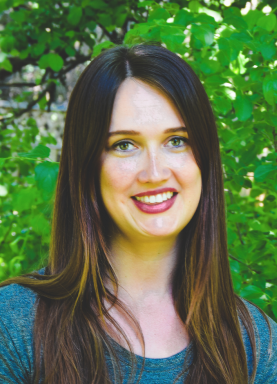
Winning entry: “Dress, Rehearse”
Recent publications: Cala (Bloomsbury Publishing, 2019).
Laura Legge has been a finalist for the Journey Prize, the Wasafiri New Writing Prize, the Sean O’Faolain Prize, and the CBC Short Story Prize. She recently received her MFA in Creative Writing from New York University. She is a dual Scottish/Canadian citizen.
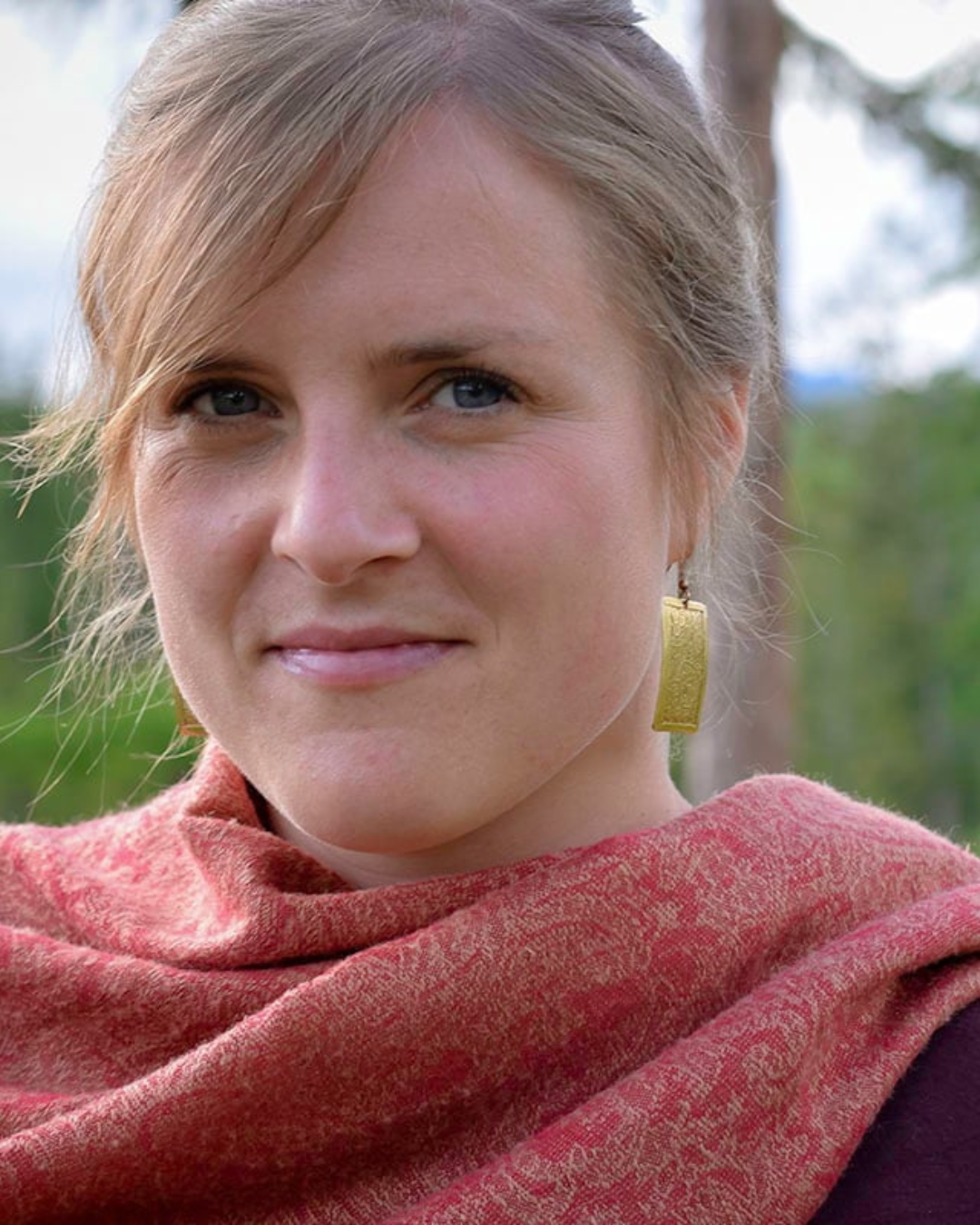
Winning entry: “Teeny”
Nadine Sander-Green grew up in Kimberley, British Columbia. After living across Canada—in Victoria, Toronto, and Whitehorse—she now calls Calgary, Alberta, home. She completed her BFA at the University of Victoria and her MFA at the University of Guelph. Recent publications: Rabbit Rabbit Rabbit (House of Anansi, 2024).
Winning entry: “Oneida Drive”
Emily Izsak was born and raised in Toronto, Ontario, where she completed her first year of the University of Toronto’s MA in English and Creative Writing program. Her work has been published in Arc, The Puritan, House Organ, Cough, The Steel Chisel, Maple Tree Literary Supplement, and Hart House Review. Recent publications: Whistle Stops: A Locomotive Serial Poem (Signature Editions, 2017).
Winning entry: “The Collective Name for Ninjas”
Claire Battershill won the 2008 CBC Literary Award for Short Fiction for the title story from her debut collection, Circus, and was the co-winner of the 2013 Canadian Authors Association’s Emerging Writer Award. She was a Junior Fellow and apprentice printer at Massey College, and, in 2008, she was a research assistant for Margaret Atwood’s Massey Lectures, Payback: Debt and the Shadow Side of Wealth. Claire has a PhD in English Literature and Book History, and has taught English and Creative Writing at the University of Toronto and the Ontario College of Art and Design. Born in Dawson Creek, B.C., in 1986, she has lived in Vancouver, Victoria, and Toronto. She now lives in London, England, where she teaches at the University of Reading. Recent publications: Circus (McClelland & Stewart, 2014).
